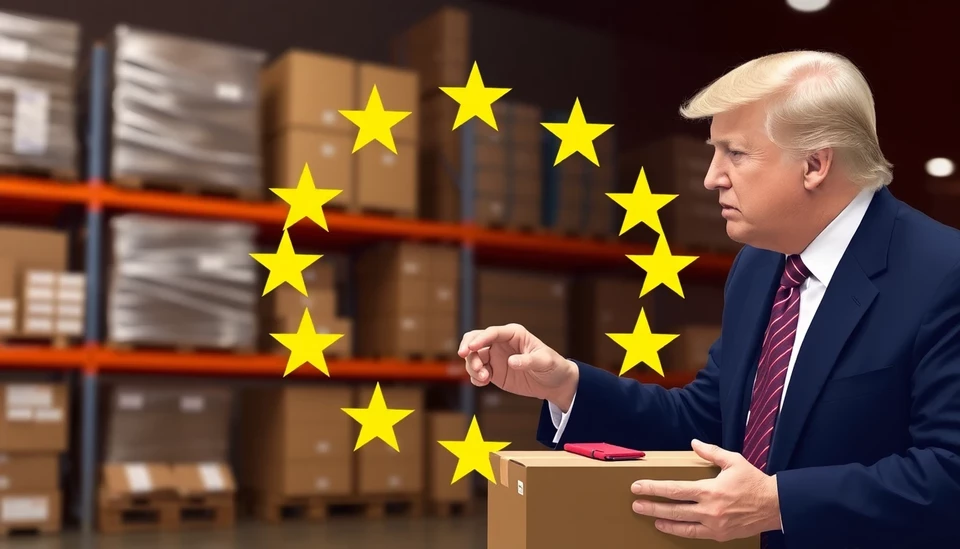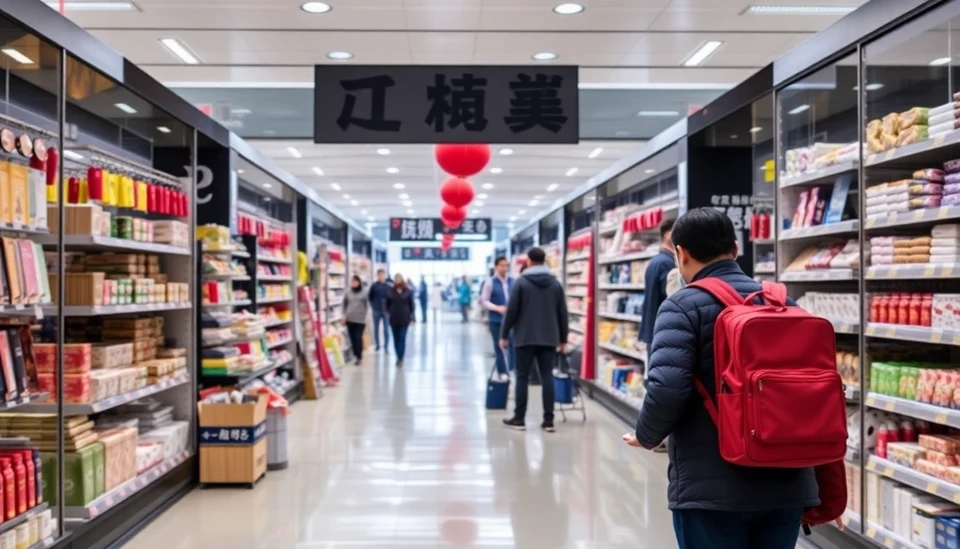
The global supply chain landscape is bracing for potential upheaval as former President Donald Trump re-emerges on the political scene, signaling a renewed threat of tariffs aimed at European imports. Industry experts are closely monitoring the situation, given Trump’s historical inclination towards protectionist policies that could have far-reaching impacts on international trade.
In the past, Trump has positioned himself as a staunch advocate for American manufacturers, often using tariffs as a tool to challenge countries he perceives as unfair competitors. As he contemplates a return to the White House, there is growing concern that his tariffs could once again disrupt the flow of goods between the U.S. and Europe, potentially leading to increased prices and supply shortages.
The European Union (EU) is particularly vulnerable, as it relies heavily on exports to the U.S. for numerous industries, including automotive and agriculture. The threat of tariffs reinstated by Trump could exacerbate existing challenges faced by European manufacturers, which have already been navigating the complexities of post-pandemic supply chain disruptions.
Economists warn that the reintroduction of such tariffs could lead to a significant increase in production costs, which would likely be passed down to consumers. This scenario would not only strain businesses but could also diminish consumer purchasing power amidst an already precarious economic climate influenced by inflation and rising interest rates.
In response to these looming threats, European trade officials are ramping up efforts to engage in diplomatic discourse with American counterparts, hoping to mitigate the potential fallout of Trump’s rhetorical posturing. Moreover, many industry stakeholders are advocating for a united front among European nations to withstand the impact of possible trade wars that could emerge from a heightened tariff environment.
These developments come against a backdrop of existing trade tensions and the ongoing recovery from the pandemic, which has already shaken the foundations of global supply chains. The interplay between U.S. domestic politics and international trade policies will be a critical factor to watch in the coming months as key elections loom and economic conditions continue to evolve.
In conclusion, as Trump’s influence on U.S. trade policy regains traction, European businesses must prepare for a potential reality where tariffs could significantly alter their operational landscape. The need for strategic planning and adaptability is more pressing than ever as the stakes in the global supply chain arena continue to rise.
#SupplyChain #Tariffs #Trump2025 #EuropeanTrade #GlobalEconomy #ImportExport #TradeTensions
Author: Laura Mitchell




